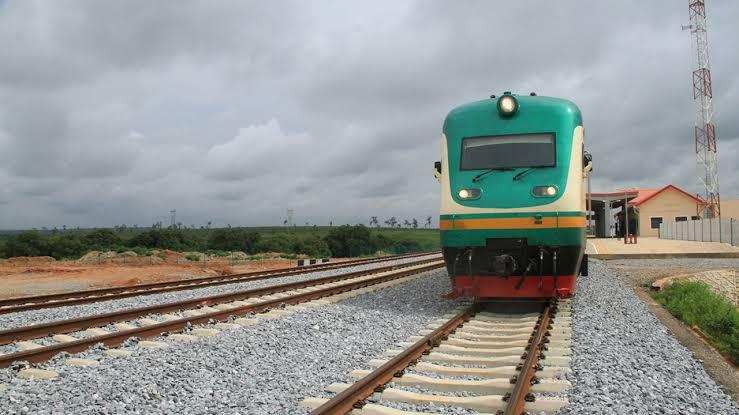Nigeria’s Senate has approved the China Development Bank as the new financier for the Kaduna-to-Kano railway project, following the withdrawal of China’s Exim Bank from the project in 2020. The revised cost of the project is $973 million, and the loan will be granted for a period of 15 years at an interest rate of 2.7%. The lower house of Nigeria’s Parliament has also approved the new financing arrangement.
The Kaduna-to-Kano railway project has been in the works for several years, and its completion is eagerly anticipated by Nigerians, particularly those living in the northern region. The railway line is expected to provide a much-needed boost to the region’s economy by facilitating the movement of goods and people, reducing the cost of transportation and improving access to markets.
The railway line is expected to carry both passengers and cargo, and it will be able to transport up to 10,000 passengers per day. The project is also expected to create over 10,000 jobs during the construction phase and provide employment opportunities for several thousands of people upon completion.
The Kaduna-to-Kano railway line is part of Nigeria’s larger railway modernization program, which is aimed at revitalizing the country’s railway system and expanding its railway network. The program includes the construction of several new railway lines and the rehabilitation of existing ones, including the Lagos-Kano railway line, which was constructed in the early 20th century.
China has been a major partner in Nigeria’s railway modernization program, providing funding and technical expertise. In addition to the Kaduna-to-Kano railway line, China has also funded the Lagos-Ibadan railway line, which was completed in 2020, and the Abuja light rail project, which was inaugurated in 2018.
The Kaduna-to-Kano railway project, in particular, has faced several challenges over the years. The project was initially awarded to a consortium of Chinese companies, including China Civil Engineering Construction Corporation (CCECC), China Railway Construction Corporation (CRCC), and China Railway Engineering Corporation (CREC). However, the project suffered delays and cost overruns, and in 2020, China’s Exim Bank, which had initially agreed to finance the project, withdrew its funding.
The withdrawal of funding by China’s Exim Bank raised concerns about the future of the project, given the importance of the railway line to the economic development of the northern region of Nigeria. However, the approval of the China Development Bank as the new financier is expected to provide a much-needed boost to the project. The bank is known for financing major infrastructure projects in developing countries and has provided funding for several other projects in Nigeria, including the Abuja light rail project.
China’s involvement in Nigeria’s railway modernization program is part of its broader Belt and Road Initiative, which seeks to improve infrastructure and promote economic cooperation between China and other countries. The initiative has been criticized by some as a form of neo-colonialism, with concerns raised about the high levels of debt that participating countries may incur.
However, proponents of the initiative argue that it is a win-win for both China and participating countries, as it promotes economic development and creates jobs. They also point out that China has been willing to provide funding for projects that other international organizations and developed countries have been unwilling or unable to finance.
The approval of the China Development Bank as the new financier for the Kaduna-to-Kano railway project is a significant milestone for Nigeria’s railway modernization program. The project is expected to boost economic activities in the northern region of the country, create jobs, and enhance regional integration. It is also a testament to the strong relationship between China and Nigeria, as the two countries continue to work together to promote economic development





